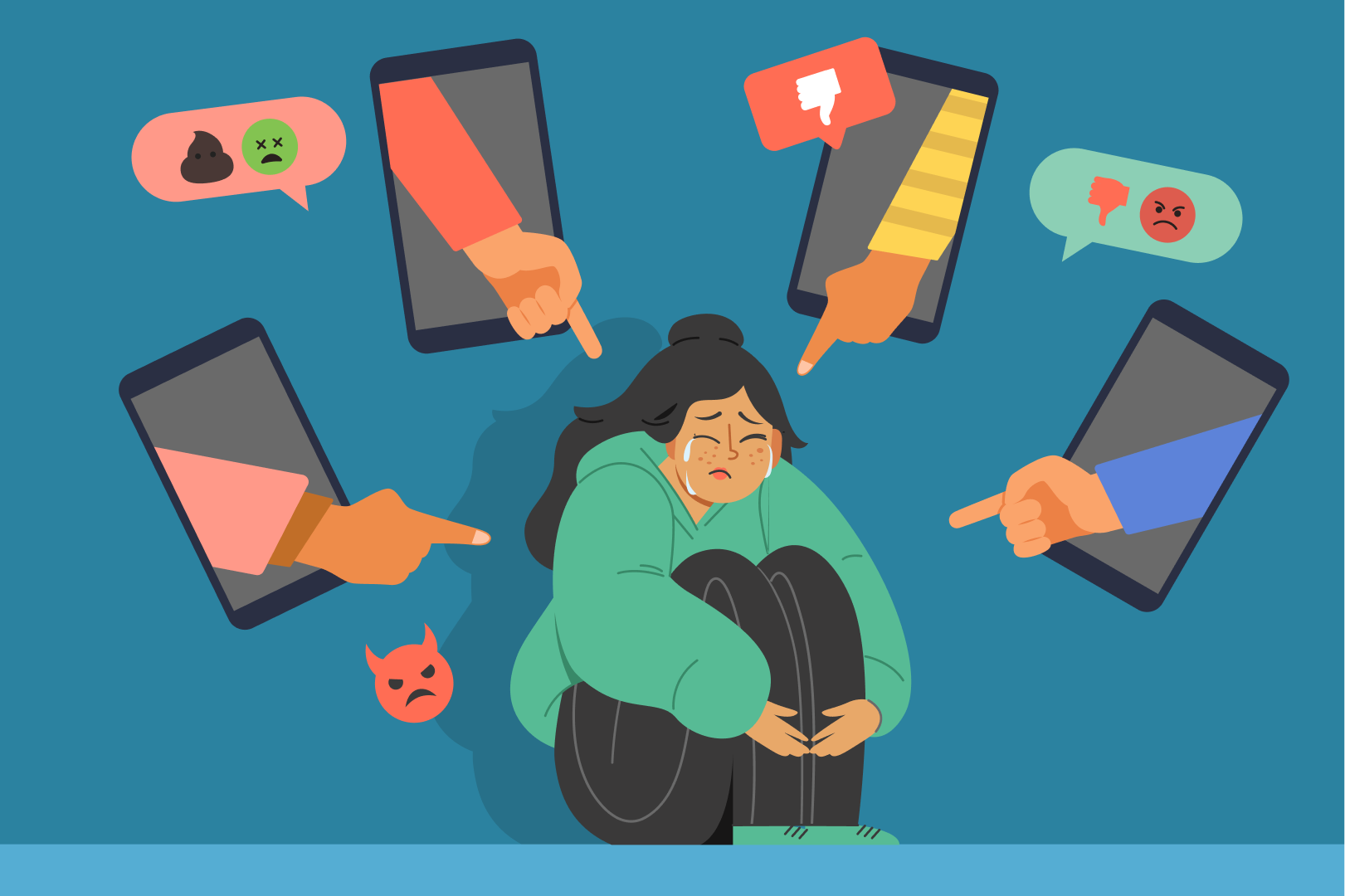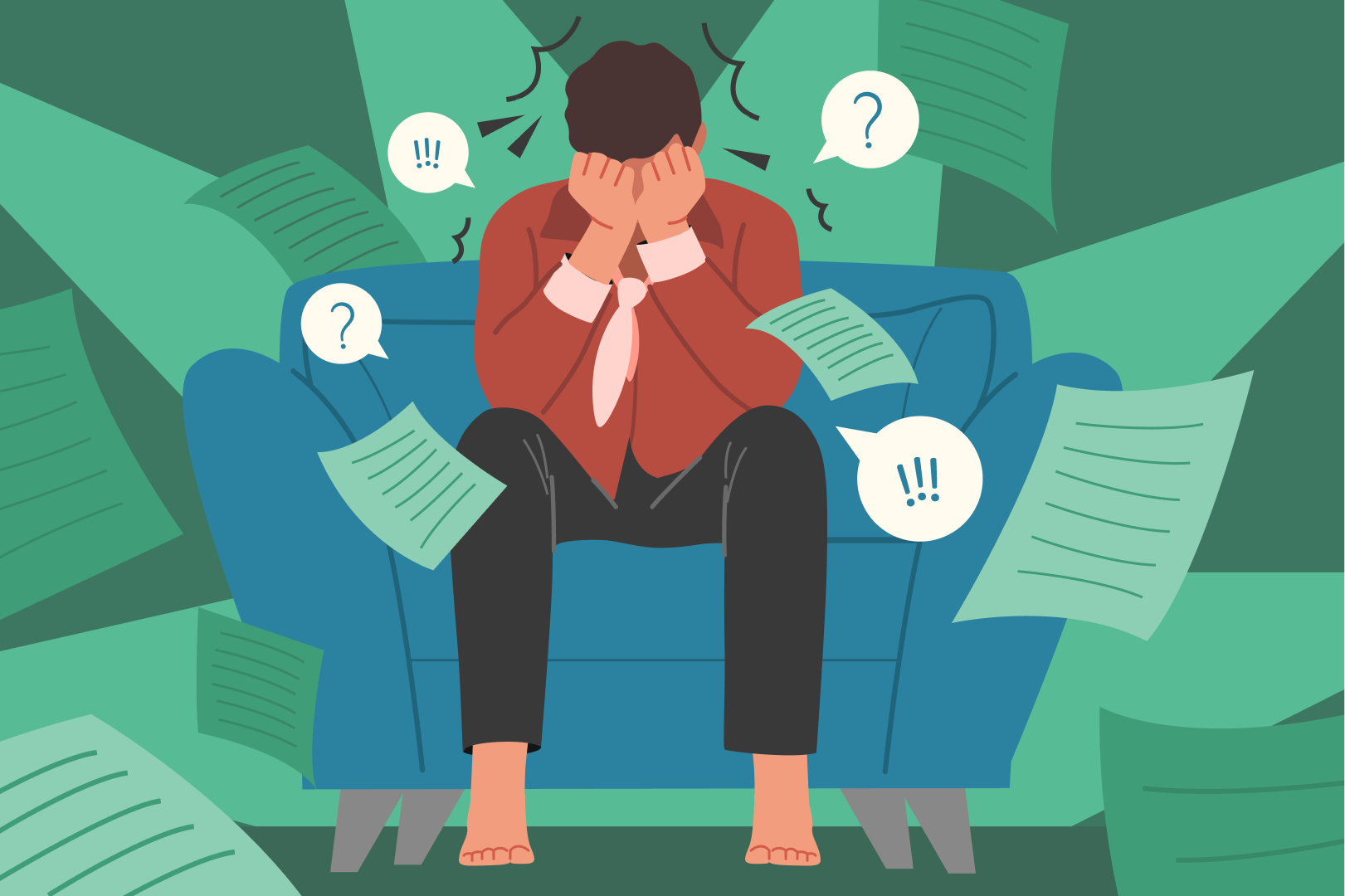How to fight bullying?
It’s very important that you pay heed when someone says he’s being bullied. Don’t normalise it!
Bullying happens when a person or a group of people repeatedly and intentionally use words or actions to cause distress and harm to another person’s wellbeing.
It definitely isn’t the same as a ‘normal’ conflict between people (such as having an argument or a fight) or simply disliking someone. It’s more about repeated behaviour by someone who has power or control over someone else.
What does it look like?
Bullying can and does happen anywhere and everywhere: be it in schools, at home, at work, or in the all pervasive online social spaces, such as text messages, emails, or posts on Instagram, Facebook or other social media sites. It can range from being of the physical, verbal and/or emotional kinds.
It is really about someone intimidating or exercising control over someone else in a way that makes them feel afraid or embarrassed.
CYBERBULLYING
With the proliferation and pervasiveness of the internet in all corners of the world and its resultant connectivity and influence, we’re increasingly witnessing the harm it can cause.
Cyberbullying, or online bullying, is a form of bullying that’s done by means of technology – for example, using the internet or a mobile phone to hurt, harass or embarrass someone.
Cyberbullying is bullying that takes place over digital devices like cell phones, computers, and tablets. Cyberbullying can occur through SMS, Text, and apps, or online in social media, forums, or gaming where people can view, participate in, or share content. Cyberbullying includes sending, posting, or sharing negative, harmful, false, or mean content about someone else. It can include sharing personal or private information about someone else causing intentional embarrassment or humiliation. Some forms of cyberbullying can even cross the line into unlawful or criminal behavior and people found to have done this, have been arrested
We have seen cyberbullying occurring in places such as:
- Social Media, such as Facebook, Instagram, Snapchat, and Tik Tok
- Text messaging and messaging apps on mobile or tablet devices
- Instant messaging, direct messaging, and online chatting over the internet
- Online forums, chat rooms, and message boards, such as Reddit
- Online gaming communities
With the prevalence of social media and digital forums, comments, photos, posts, and content shared by individuals can often be viewed by strangers as well as acquaintances. The content an individual shares online – both their personal content as well as any negative, mean, or hurtful content – creates a kind of permanent public record of their views, activities, and behavior. This public record can be thought of as an online reputation, which may be accessible to schools, employers, colleges, clubs, and others who may be researching an individual now or in the future. Cyberbullying can harm the online reputations of everyone involved – not just the person being bullied, but those doing the bullying or participating in it. Cyberbullying has unique concerns in that it can be:
Persistent – Digital devices offer an ability to immediately and continuously communicate 24 hours a day, so it can be difficult for children experiencing cyberbullying to find relief.
Permanent – Most information communicated electronically is permanent and public, if not reported and removed. A negative online reputation, including for those who bully, can impact college admissions, employment, and other areas of life.
Hard to Notice – Because teachers and parents may not overhear or see cyberbullying taking place, it is harder to recognize.
Face-to face bullying and cyberbullying can often happen alongside each other. But cyberbullying leaves a digital footprint – a record that can prove useful and provide evidence to help stop the abuse.
What are the effects of cyberbullying?
When bullying happens online it can feel as if you’re being attacked everywhere, even inside your own home. It can seem like there’s no escape. The effects can last a long time and affect a person in many ways:
- Mentally — feeling upset, embarrassed, stupid, even angry
- Emotionally — feeling ashamed or losing interest in the things you love
- Physically — tired (loss of sleep), or experiencing symptoms like stomach aches and headaches
The feeling of being laughed at or harassed by others, can prevent people from speaking up or trying to deal with the problem. In extreme cases, cyberbullying can even lead to people taking their own lives.
Cyberbullying can affect us in many ways. But these can be overcome and people can regain their confidence and health
Am I being bullied online? How do you tell the difference between a joke and bullying?
All friends joke around with each other, but sometimes it’s hard to tell if someone is just having fun or trying to hurt you, especially online. Sometimes they’ll laugh it off with or “don’t take it so seriously.” But if you feel hurt or think others are laughing at you instead of with you, then the joke has gone too far. If it continues even after you’ve asked the person to stop and you are still feeling upset about it, then this could be bullying.
When the bullying takes place online, it can result in unwanted attention from a wide range of people including strangers. Wherever it may happen, if you are not happy about it, you should not have to stand for it. Call it what you will – if you feel bad and it doesn’t stop, then it’s worth getting help. Stopping cyberbullying is not just about calling out bullies, it’s also about recognizing that everyone deserves respect – online and in real life.
Report Cyberbullying in India
CyberB.A.A.P: is here to help and guide you to report cases of cyberbullying. We suggest that you first make a formal online complaint on www.cybercrime.gov.in. If you suspect that the incident has taken place at school, we suggest that you inform your school counselor or teachers. You must also keep your parents informed at every stage.. Please keep a record of the incident date and time of the calls, posts, comments emails or texts – don’t delete any of these
Sources: https://www.unicef.org/end-violence/how-to-stop-cyberbullying#2
https://www.stopbullying.gov/cyberbullying/what-is-it
Workplace Bullying
Bullying isn’t confined to those of a particular age or space. Workplace bullying or workplace harassment is any ongoing harmful or threatening behaviour by a person or group of people in your workplace that creates a risk to your health and safety.
It can happen in any kind of workplace, and the person or group doesn’t need to be a manager or someone in a position of power over you. Bullying at work can come from co-workers just as much as it can come from your boss. Bullying and harassment in the workplace are never acceptable.
Some types of bullying at work include:
- Insulting, yelling, swearing at you
- Hurtful comments making fun of you or your work
- Spreading rumours, gossip or innuendo about you
- Excluding you from workplace activities or conversations
- Playing mind games or ‘ganging up’
- Giving you pointless or demeaning tasks that don’t help you do your job
- Making impossible demands; setting you up to fail
- Using your roster to deliberately make things difficult for you
- Withholding important information
- Physical violence, from pushing and tripping to outright attacks
- Threatening phone calls or texts, including threatening you with workplace equipment like knives or drills
- Blackmailing you
- Where you have to do something unacceptable or humiliating or illegal
What is NOT workplace bullying?
You have to know that even though some things may seem unfair to you, they might not be bullying. Your boss can fire, transfer, demote or discipline you, as long as they have a good reason. Sometimes it’s perfectly legitimate for your manager to criticise your performance, if you haven’t been doing well or your work is up for review. It’s their job to manage the quality of your work.
Who’s responsible for stopping workplace bullying?
At work, employers have a responsibility to provide a safe workplace, which means one that’s free of bullying. This means that by law if you report bullying behaviour, your employer has to go through a proper process for handling your complaint.
If you see someone in the workplace being bullied, you also have the opportunity to help. You could reach out to the person being bullied to support them, and report the behaviour they’re experiencing if necessary.
Source: https://au.reachout.com/articles/what-is-workplace-bullying








